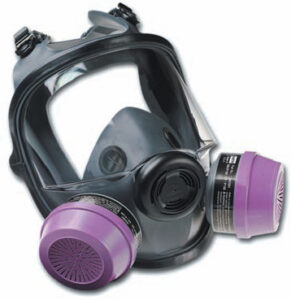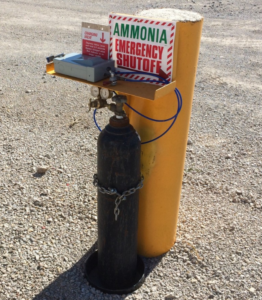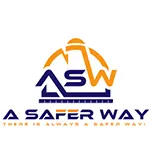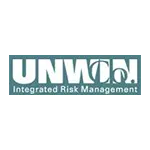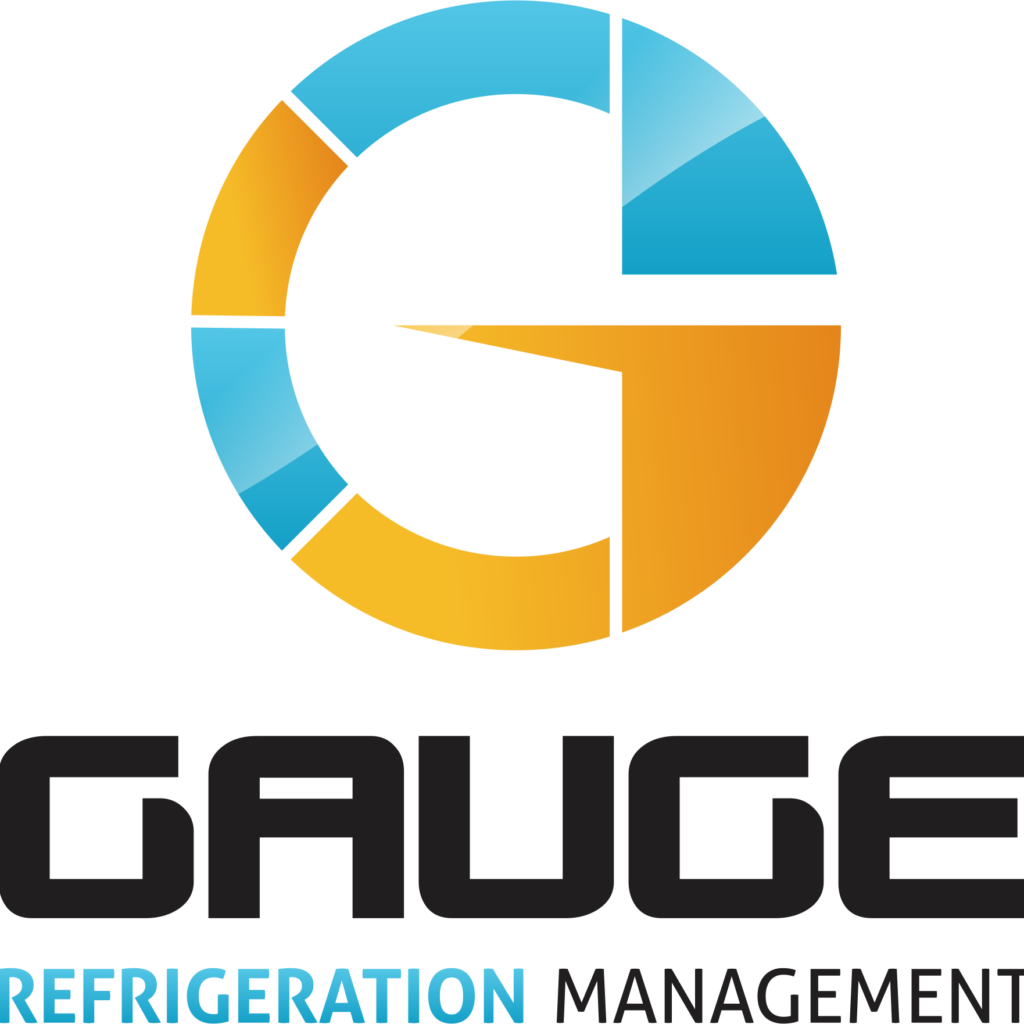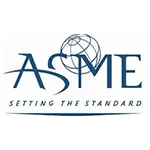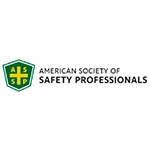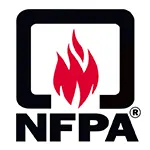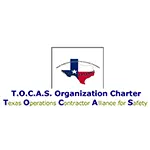SAFTENG Has
- Over 17,500 categorized unsafe acts/conditions and accident/injury photos
- Over 1,400 ppt's & doc's
- Over 3,900 technical articles on Process Safety & Occupational Safety & Health matters
- Over 400 videos
CLICK HERE to Renew your Membership
CLICK HERE for a NEW Membership
CLICK HERE to see eligibility requirements for FREE Membership
If you have any questions, please contact me
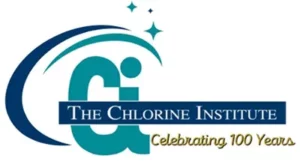
I am proud to announce that have extended our”Partners in Safety” agreement for another year (2025).
CI Members, send me an e-mail to request your FREE SAFTENG membership.





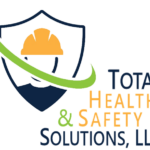





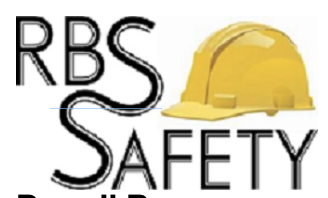


August 28, 2020
Jonathan Zimmerman and I received some less than flattering feedback when I stated in our 2019 ASSP presentation that there are NO exemptions for NOT having a rescue plan for ENTRY RESCUE when the entry method is via a “permit” (1910.146 (d)-(k). This single topic garnered more discussion after our session than any other – it seemed to catch a lot of folks off guard. Of...
Read More
August 26, 2020
We have had many discussions on SAFTENG regarding pressure vessel safety, but it is the Year 2020 and we need to have a very direct talk about how we manage flammable liquids and combustible materials around our pressure vessels. In this article, I am primarily speaking to those in the Anhydrous Ammonia fertilizer industry and more specifically to those who are using the Nitrogen Stabilizers. ...
Read More
August 26, 2020
UPDATE from OSHA case file:
At 12:30 p.m. on February 20, 2020, Employee #1, employed by a structural steel fabricator and erector company, was entering a tank to clean it. The tank had a combination of Ecocure II and methyl ethyl ketone (MEK) residues and had been purged with nitrogen. Employee #1 entered the permit-required confined space that contained the residual chemicals and nitrogen to...
Read More
August 25, 2020
Disclaimer: I am not a fan of certifications and I carry NONE – a proud safety rebel who has bucked the certification wrap my entire career, so consider the source of this advice.
Rather than spending hundreds of hours preparing for the ASP/CSP/OSHT/CSHT/CHMM/CIH how about taking a training course or two from a REPUTABLE provider so that you obtain the skills necessary to better protect the workers...
Read More
August 25, 2020
If you are an NH3 distributor and you’re using the Nitrogen Stabilizers some things have changed that you need to be aware of. First and foremost, see my posting with the Safety Alert from Transport Canada regarding the issues they have found regarding storage and transport tanks and these Nitrogen stabilizers. I have not heard anything from a USA group or agency, but if it is happening...
Read More
August 25, 2020
We have all seen it… the person assigned to be the PRCS Attendant (and Fire Watches suffer this infliction as well) are the youngest, weakest, least trained, least experienced, lowest paid, and most incapable person on the job/team. As I have written about before, one of my former employers actually but an age restriction on the role as we just grew tired of our field audits always finding some...
Read More
August 25, 2020
In 2017 and 2019 I wrote about these Nitrogen Stabilizers and how their introduction into a PSM/RMP covered process would require a MOC and PSSR and I broke down the potential concerns and questions regarding these additives. Now it seems there may be a Mechanical Integrity twist to the use of these additives, as Transport Canada has issued a Safety Advisory about using additives with anhydrous...
Read More
August 25, 2020
OSHA published a Letter of Interpretation making it clear that we can use “alternative entry” methods such that when the physical hazard(s) can be ELIMINATED OR ISOLATED through engineering controls, AND any atmospheric hazards can be CONTROLLED through forced-air ventilation and continuous atmospheric monitoring, the space may be entered using the alternate procedures set forth in 29 CFR...
Read More
August 24, 2020
Most have seen a full-face Air Purifying Respirator (APR), but just so we are on the same page, I have shared an image of a FF-APR. The serious question I have is…
Can this FF-APR be equipped with “escape only” cartridges and be declared an emergency escape respirator?
I so NO, but I will be darned if I can find any agency or manufacturer that says NO. Here are my...
Read More
August 23, 2020
In the past 2-3 years, I have begun seeing Anhydrous Ammonia systems that claim to be built to ANSI K61.1 or CGA 2.1, but somehow these processes do not have the Emergency Shutdown Systems required by these two Recognized and Generally Accepted Good Engineering Practices. So with the help of the Illinois Fertilizer & Chemical Association, I thought it would be helpful to straighten out the...
Read More
August 22, 2020
My previous article on the Anhydrous Ammonia requirements generated a lot of questions, mostly about how OSHA worded their requirements when it came to Excess Flow Valves, Check Valves, Unloading, and Emergency Shutoff Valves. So this posting I used one of my favorite sources, WA States LNI standards, to present the material in a more straight forward manner. I am just covering the non-refrigerated...
Read More
August 21, 2020
This article is being posted in my Hazardous Materials section rather than the Process Safety section because the vast majority of my finds regarding the lack of proper design are almost exclusively in processes that have less than 10,000 pounds. I am hoping that those who read this will understand that what I am going to discuss in this article has absolutely nothing to do with being a PSM/RMP...
Read More


